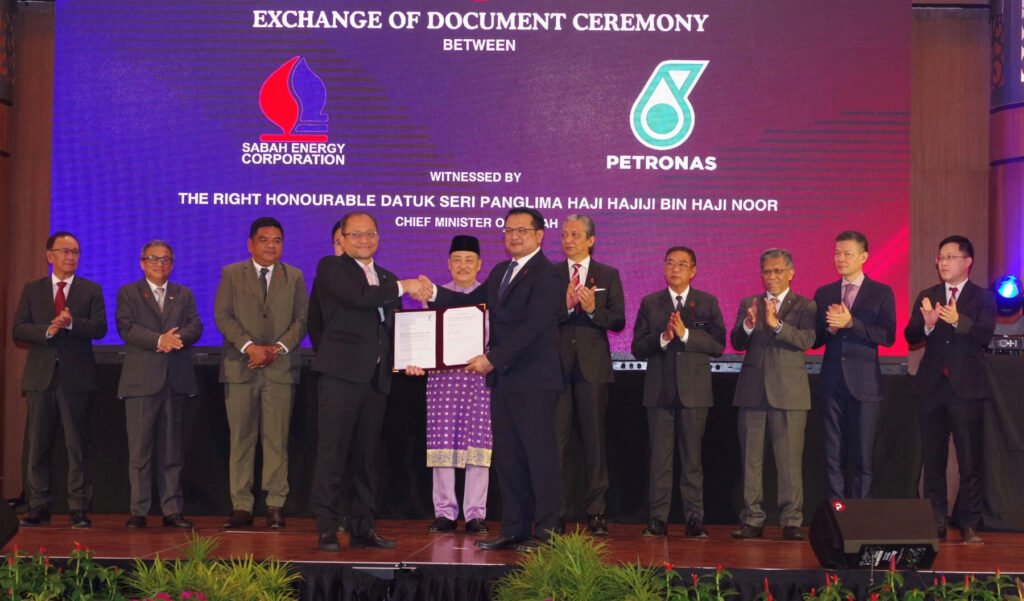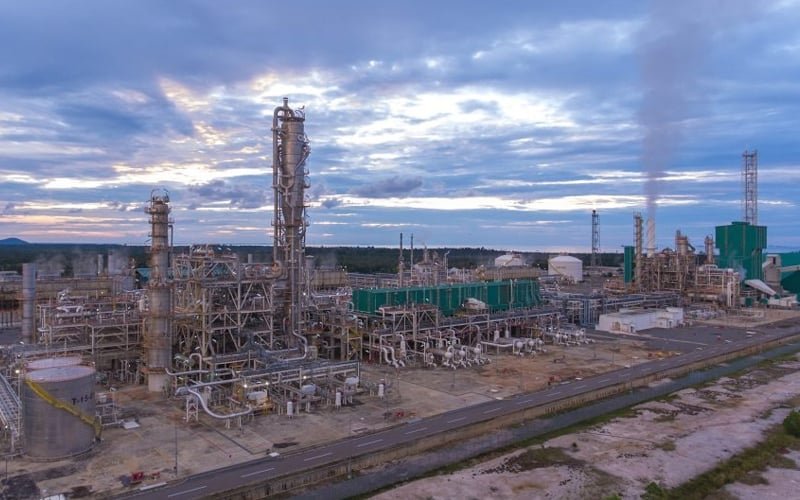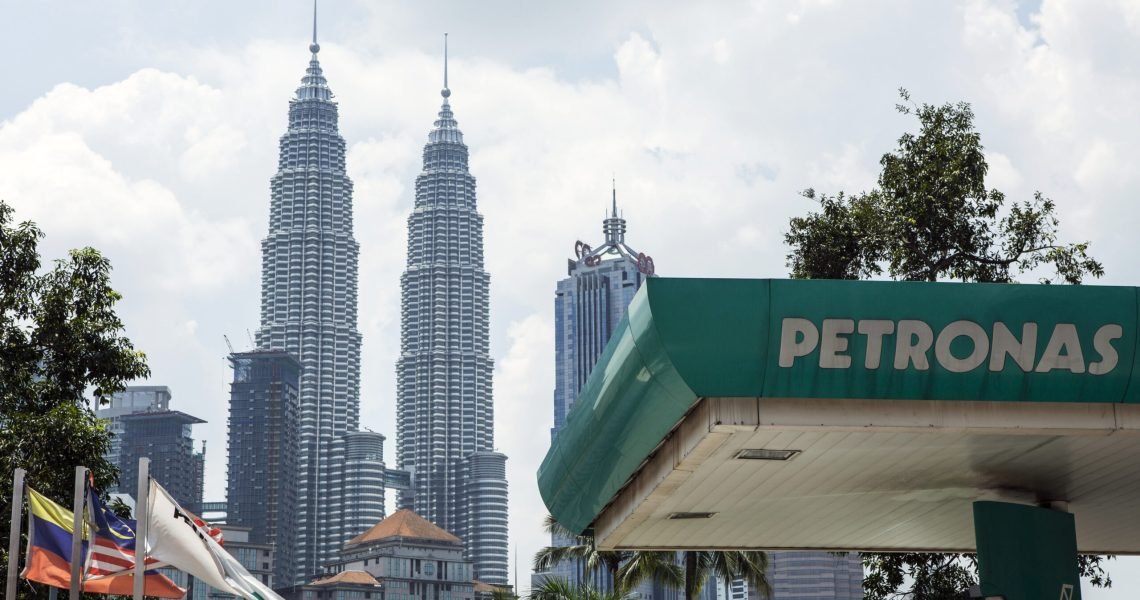What is Green Steel?
Green steel refers to steel that is produced using sustainable and environmentally friendly processes that significantly reduce or eliminate carbon emissions. Traditional steel production relies on coal-based blast furnaces, which emit large amounts of carbon dioxide (CO₂). Green steel production, on the other hand, uses alternative energy sources such as:
- Hydrogen-based direct reduced iron (DRI)
- Electric arc furnaces (EAF) powered by renewable energy
- Carbon capture, utilization, and storage (CCUS) technology
By shifting to these cleaner methods, the industry can help combat climate change while maintaining the structural integrity and versatility of steel.
Why is Green Steel Important for Malaysia?
Steel is one of the most crucial materials in Malaysia’s infrastructure, construction, automotive, and manufacturing sectors. However, traditional steel production is a significant source of carbon emissions. To meet global environmental standards and remain competitive in international markets, Malaysia must adopt green steel technologies.
Here are some key reasons why Malaysia is prioritizing green steel:
1. Environmental Benefits
Malaysia has set goals to reduce carbon emissions and promote renewable energy. By adopting green steel production, the country can significantly cut down on greenhouse gas emissions and contribute to global sustainability efforts.
2. Economic Opportunities
The global demand for green steel is growing rapidly, with industries such as automotive and construction looking for low-carbon alternatives. By developing a green steel industry, Malaysia can attract foreign investments and position itself as a leader in sustainable manufacturing.
3. Energy Security
Malaysia has abundant natural gas and renewable energy sources that can be utilized in green steel production. By leveraging these resources, the country can reduce reliance on imported coal and enhance energy security.
4. Compliance with International Regulations
Many countries are imposing carbon tariffs on imported goods, such as the European Union’s Carbon Border Adjustment Mechanism (CBAM). If Malaysian steel producers do not transition to green steel, they risk losing access to global markets.
PETRONAS-SEC Collaboration: Powering Green Steel in Sabah
On February 28, 2025, PETRONAS, through Malaysia Petroleum Management (MPM), formalized an agreement with Sabah Energy Corporation (SEC) to increase the supply of natural gas to Sabah’s industrial sector. This agreement represents a major milestone in the state’s industrial growth and sustainability initiatives.

PETRONAS Senior General Manager of Integrated Hydrocarbon Management, Malaysia Petroleum Management, Anuar Ismail (front row, left) and Sabah Energy Corporation Chief Executive Officer, Datuk Adzmir Abdul Rahman.
Key Highlights of the Agreement:
📌 Additional 104 million standard cubic feet per day (MMscfd) of natural gas supplied by PETRONAS to SEC.
📌 Total gas supply to SEC now reaches 370 MMscfd.
📌 150 MMscfd allocated to Esteel Enterprise Sabah Sdn Bhd to support green steel production.
📌 50 MMscfd dedicated to power generation, ensuring a stable energy supply.
Who Are the Key Players?
1️⃣ PETRONAS: Malaysia’s state-owned energy giant, responsible for the natural gas supply and energy security.
2️⃣ Sabah Energy Corporation (SEC): A wholly state-owned company that distributes natural gas to industrial users.
3️⃣ Esteel Enterprise Sabah Sdn Bhd: A green steel manufacturer that will utilize natural gas instead of coal to reduce carbon emissions.

Leadership Statements on the Agreement
🔹 Datuk Seri Panglima Haji Hajiji Noor, Sabah Chief Minister:
“This agreement is a significant step towards Sabah’s long-term development goals, promoting industrial growth and energy security while creating new opportunities for progress.”
🔹 Datuk Ir. Bacho Pilong, Senior VP of MPM, PETRONAS:
“This partnership underscores PETRONAS’ commitment to reliable energy solutions that drive growth while supporting more sustainable energy use.”
🔹 Datuk Adzmir Abdul Rahman, CEO of SEC:
“With a 98% gas delivery efficiency uptime, SEC is dedicated to enhancing operational efficiencies to support Sabah’s industrial expansion.”
Esteel Enterprise Sabah: Leading Malaysia’s Green Steel Transformation
USD 1.93 Billion Investment in Phase 1
One of the biggest beneficiaries of the PETRONAS-SEC agreement is Esteel Enterprise Sabah Sdn Bhd, which is investing USD 1.93 billion (RM 8.92 billion) in Phase 1 of its green steel plant project.
🚀 Key Features of Esteel’s Green Steel Project:
✅ 180-hectare site dedicated to green steel manufacturing.
✅ Phase 1 expected to be operational by Q4 2027.
✅ 2.5 million tonnes of cleaner hot briquetted iron (HBI) production capacity.
✅ Reduces carbon emissions by 70% compared to traditional steelmaking.
✅ Creates 2,795 direct job opportunities in Sabah.
How Esteel is Making Steel Production Greener
Esteel’s green steel plant will replace coke and coal with natural gas as the reducing agent, cutting CO₂ emissions by up to 70%. This method aligns with global efforts to decarbonize the steel industry and produce low-carbon, energy-efficient, and environmentally friendly steel products.
Three-Phase Development of Esteel’s Plant
The entire project is estimated to bring in USD 4.39 billion (RM 19.6 billion) in investments through a three-phase expansion plan.
🌱 Phase 1: Focuses on green iron production using natural gas.
🌱 Phase 2: Expansion of manufacturing capabilities with increased renewable energy integration.
🌱 Phase 3: Achieving full green steel production, potentially using hydrogen as a reducing agent in the future.
Key Initiatives Driving Malaysia’s Green Steel Industry
1. Petronas and Sabah Energy Corporation Collaboration
One of the most significant moves in Malaysia’s green steel transition is the strategic partnership between Petronas and Sabah Energy Corporation (SEC).
This collaboration aims to decarbonize steel production in Sabah by using natural gas and hydrogen as alternative energy sources. According to reports, this initiative will support the development of a cleaner and more sustainable industrial sector in Malaysia.
By working together, Petronas and SEC will:
- Supply cleaner energy solutions to reduce carbon emissions in steel production.
- Promote the use of low-carbon hydrogen, a crucial component for green steel.
- Encourage investment in sustainable steel manufacturing facilities in Sabah.
This partnership marks a critical milestone in Malaysia’s journey towards sustainable steel production.
2. RM1 Billion Gas Supply Deal for Green Steel Industry
In addition to the collaboration with Petronas, Sabah has inked a RM1 billion gas supply deal to boost green steel production. This deal is expected to:
- Ensure a steady supply of natural gas to power green steel production.
- Reduce dependence on coal-powered blast furnaces.
- Support the development of eco-friendly industrial zones in Sabah.
This investment is a clear indication that Malaysia is serious about transitioning to a low-carbon steel industry.
3. Investments in Renewable Energy and Hydrogen
The Malaysian government is actively promoting renewable energy sources, such as solar and wind power, to support green steel production. Additionally, investments in hydrogen technology are increasing, as hydrogen plays a key role in replacing coal in steelmaking.
Economic and Environmental Impact of Malaysia’s Green Steel Industry

Economic Growth and Job Creation
🔹 Industrial Expansion: Sabah is set to become Malaysia’s first major green steel hub, attracting new industries and foreign investors.
🔹 Employment Opportunities: The Esteel project alone will create nearly 3,000 jobs, with additional employment in related industries.
🔹 Technology and Innovation: Green steel production will spur innovation in Malaysia’s steel and manufacturing sectors.
Environmental Benefits
🌍 70% reduction in carbon emissions by switching from coal to natural gas.
🌍 Lower air pollution levels, improving public health in industrial zones.
🌍 Supports Malaysia’s goal of achieving net-zero carbon emissions by 2050.
Positioning Malaysia in the Global Green Steel Market
🌎 Rising global demand for green steel due to environmental regulations.
🌎 Avoids carbon tariffs imposed by the EU and other international markets.
🌎 Enhances Malaysia’s competitiveness in sustainable industrial development.
Challenges in Transitioning to Green Steel
Despite the positive developments, there are several challenges that need to be addressed for Malaysia to successfully establish a green steel industry:
1. High Initial Costs
Green steel technologies, such as hydrogen-based steelmaking and electric arc furnaces, require significant upfront investment. Many steel producers may find it challenging to secure funding for these projects.
2. Energy Infrastructure Development
Malaysia needs to develop a robust hydrogen and renewable energy infrastructure to support green steel production. This includes building hydrogen production plants and expanding renewable energy capacity.
3. Global Competition
Countries like China, Germany, and Sweden are already leading in green steel production. Malaysia must accelerate its transition to stay competitive in the global market.
4. Industry Adaptation
Traditional steel manufacturers need training and support to adapt to new technologies and production methods. This transition will require collaboration between the government, private sector, and research institutions.
Conclusion
Malaysia’s green steel transformation is gaining momentum, led by strategic collaborations between PETRONAS, SEC, and Esteel Enterprise Sabah. With a RM 1 billion gas supply deal, USD 4.39 billion in green steel investments, and a commitment to reducing carbon emissions, Sabah is set to become a leader in sustainable steel production.
While challenges remain, the potential benefits of green steel—environmental sustainability, economic growth, and global competitiveness—make it a crucial initiative for Malaysia’s future.
As an industry leader, Lux Metal remains committed to supporting this transition by offering sustainable and high-quality metal fabrication solutions. The shift towards green steel will not only benefit businesses and industries but also ensure a greener and more prosperous Malaysia.

How Lux Metal Supports Malaysia’s Green Steel Initiative
At Lux Metal, we understand the importance of sustainable and high-quality metal solutions. As Malaysia transitions towards green steel, we are committed to:
- Sourcing eco-friendly steel materials for our fabrication projects.
- Implementing energy-efficient manufacturing processes to reduce our carbon footprint.
- Partnering with industry leaders to adopt green steel solutions.
We offer a wide range of custom metal fabrication services, including:
✅ Laser Cutting
✅ Sheet Bending & Rolling
✅ Precision CNC Machining
✅ Welding & Assembly
✅ Customized Metal Solutions
As Malaysia moves towards a more sustainable future, Lux Metal is proud to support the green steel industry and provide innovative and environmentally friendly metal solutions.
For more details on our services, visit our website: Lux Metal

